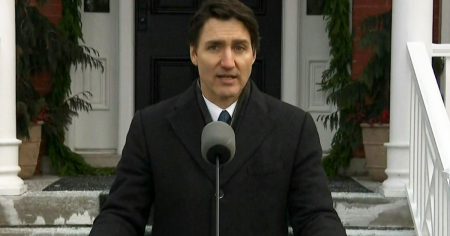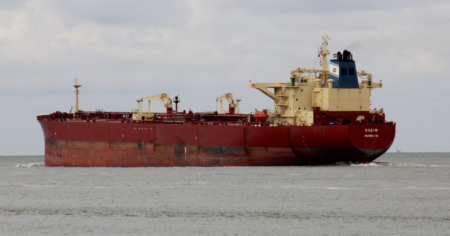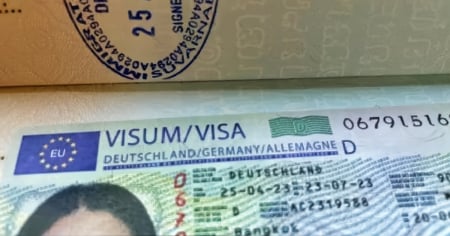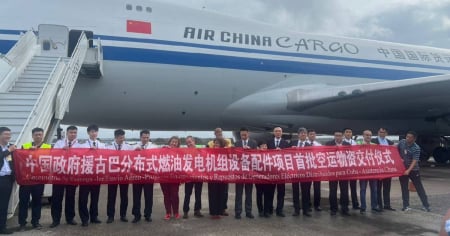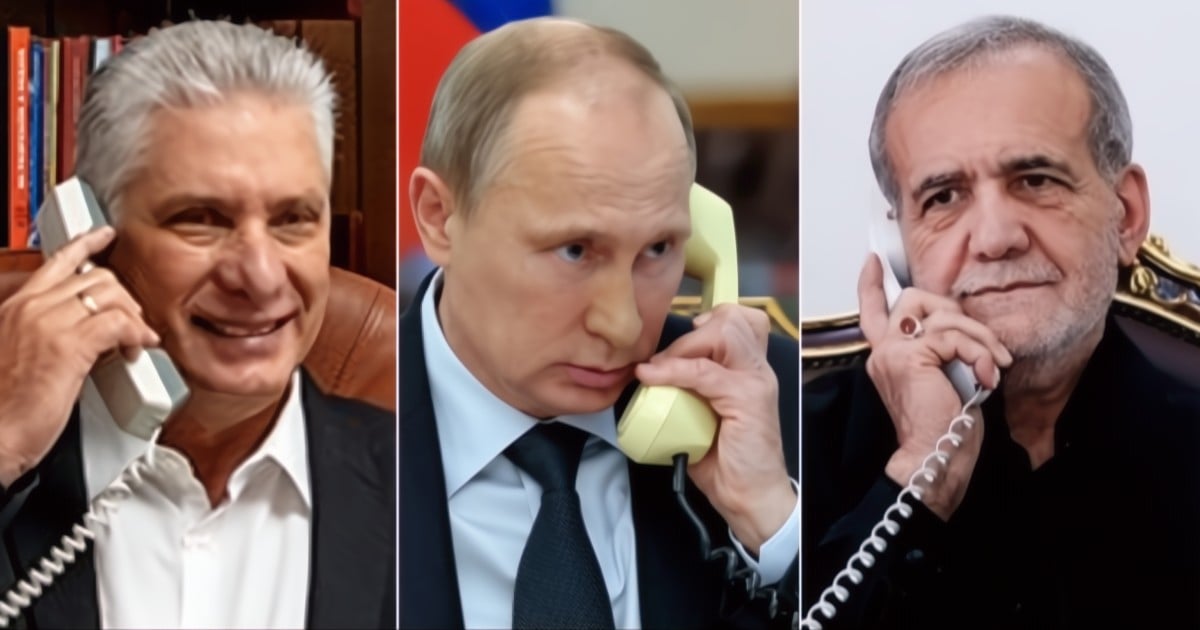
Related videos:
In a context marked by international isolation and increasingly severe economic sanctions, the regimes of Iran, Russia, and Cuba are intensifying their efforts to strengthen strategic alliances that will enable them to confront common challenges.
Recently, key meetings have taken place between authorities from the three countries, along with official announcements that underscore the importance of these relationships in a global landscape defined by the confrontation between democratic and autocratic governments.
Iran and Cuba: A 10-Year Strategic Alliance
In this regard, the regimes of Iran and Cuba took a significant step toward consolidating a 10-year strategic partnership, according to a report by Infobae.
High-ranking officials from both countries met in Tehran to outline the terms of this alliance, which will include the celebration of the 19th Economic Cooperation Commission between the two nations.
The Iranian state agency IRNA reported that the discussions also covered technological topics, highlighting an upcoming exhibition in Havana where Iranian companies will showcase their technological capabilities.
The Iranian Minister of Health, Ali Jafarian, described this collaboration as "strategic" and highlighted the value of Cuba as a political partner in Latin America. Both countries, which remain on the United States' list of state sponsors of terrorism, have found common ground in their opposition to Washington's sanctions.
This alliance comes at a critical moment for Iran, which is facing an unprecedented energy crisis and an economy weakened by the depreciation of its currency, the rial, which has reached historic lows. Meanwhile, Cuba is going through its worst economic crisis in over six decades, worsened by the tightening of the U.S. embargo.
Russia and Iran: Towards a Comprehensive Strategic Partnership
For its part, Russia and Iran are also strengthening their ties. Iranian President Masoud Pezeshkian is scheduled to travel to Moscow on January 17 to sign a comprehensive cooperation agreement with his Russian counterpart, Vladimir Putin.
This new treaty will replace a 20-year strategic agreement signed in 2001 and will cover key sectors such as energy, transportation, and manufacturing, reported the Europa Press agency.
The relationship between the two countries has intensified following Russia's invasion of Ukraine. Iran has been accused of supplying missiles to Moscow for use in the conflict, while Russia has supported Tehran in international forums.
Moreover, North Korea's recent inclusion as a strategic partner of Russia strengthens this bloc of countries opposing Western powers.
The strategic relationship between Cuba and Russia: A historic alliance that is being renewed
The strategic relationship between Cuba and Russia has reached a "higher qualitative level," according to recent statements from senior officials of both countries. This partnership, which has its roots in the Cold War, has been revitalized in recent years through a series of economic, financial, and technological modernization agreements.
In recent months, Russia has announced the opening of new lines of credit to the Cuban regime, aimed at infrastructure and energy projects. These lines of credit have facilitated the financing of a multimillion-dollar plan to modernize key sectors in Cuba, including transportation and the energy industry.
According to a recent article, the Russian bank Novikombank even opened a branch on the island, which facilitates the transfer of resources and strengthens economic ties.
Additionally, Moscow has invested millions of dollars in strategic projects in Cuba. One of the most notable is the modernization of the thermal power plant in Mariel, a crucial investment to alleviate the chronic energy shortages on the island.
Initiatives have also been prioritized to modernize port infrastructure, enhancing Cuba's capacity for international trade.
The signing of cooperation agreements in defense, security, police forces, technology aimed at repression, control, and surveillance in both physical and virtual spaces, as well as in judicial matters and media, reinforces the perception of the growing interdependence between the two antidemocratic regimes.
These agreements not only benefit Cuba but also strengthen Russia's geopolitical position in Latin America, a region that Moscow views as strategic for countering U.S. influence.
This collaboration has been facilitated by the mutual opposition of both regimes to Western sanctions, which they see as a tool to undermine their sovereignty.
However, the relationship is not without its challenges. The severe economic crisis facing Cuba limits its ability to meet the financial terms of the agreements, while Russia is under increasing international pressure due to its invasion of Ukraine.
Despite these obstacles, the Cuba-Russia relationship continues to strengthen, solidifying as a cornerstone of Moscow's global strategy.
Geopolitical context and challenges
These strategic maneuvers reflect the three regimes' need to seek new alliances to circumvent international sanctions and consolidate their position on the global stage.
While Iran faces an energy deficit that has led to the closure of factories and schools, Cuba is seeking economic relief amidst a severe shortage of food and medicine. Russia, for its part, is dealing with the impact of Western sanctions resulting from its war in Ukraine.
The key question is whether the alliance between Iran, Russia, and Cuba will achieve the necessary depth to withstand international pressures. So far, relations between Tehran and Moscow have been stronger, with far-reaching agreements that encompass strategic sectors. In contrast, the relationship between Iran and Cuba, although promising, is still evolving.
Future projections
The formalization of these alliances could have significant implications for the global balance of power. While China has shown hesitations in its commitments to Iran, the strengthening of ties with Russia and Cuba offers Tehran new opportunities to diversify its alliances.
However, both the economic viability and the effectiveness of these partnerships will depend on how the three countries manage to navigate the sanctions and internal limitations.
The convergence between Iran, Russia, and Cuba not only has a regional impact but also sends a clear message to the West about the resilience of these regimes in the face of isolation.
As events unfold, the world will closely watch whether this strategic collaboration can deliver tangible results or if it will remain a symbolic effort in an increasingly complex global landscape.
Filed under:

